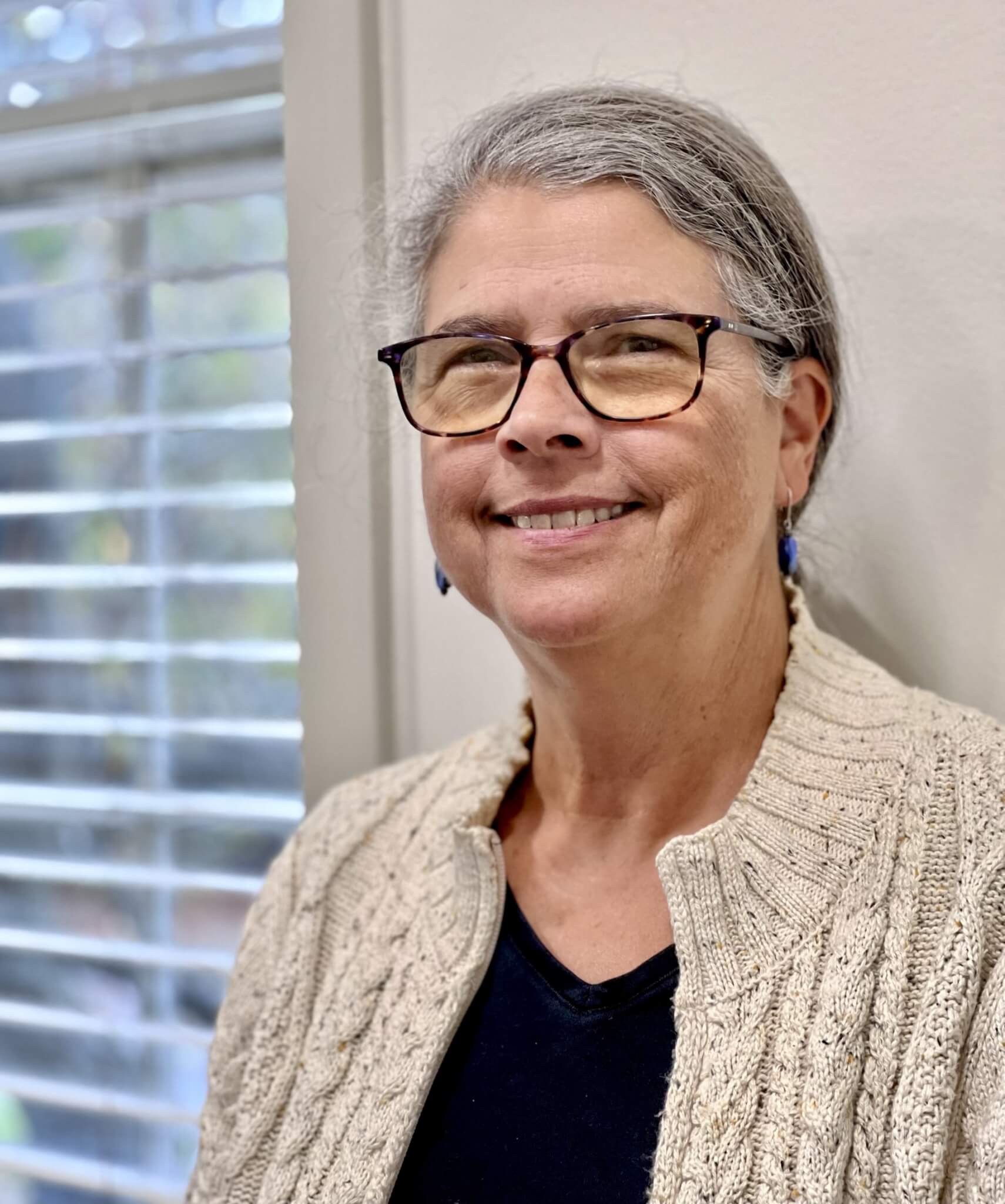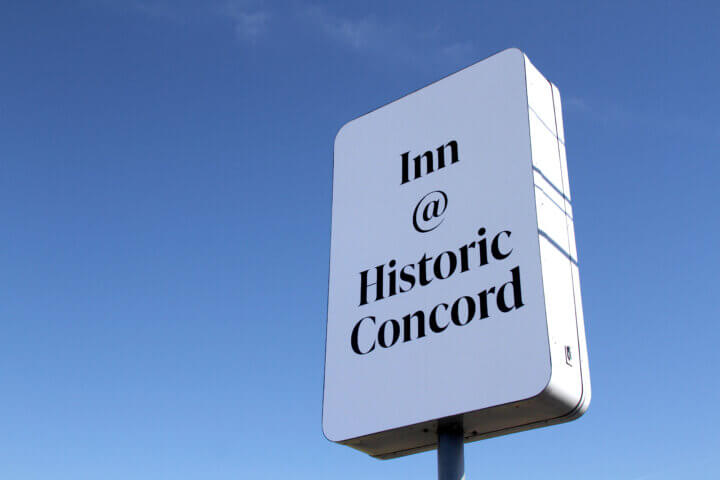In the mid-1990s, Concord made a serious study of Town Meeting, the form of self-government that’s served this community since before the Revolutionary War.
“That study commission was formed in a climate of community sentiment [a] lot like what we have now — with some people feeling frustrated with Town Meeting [in] terms of whether it is adequately representative and adequately inclusive, and whether it produces decisions [that] reflect what the community as a whole would want,” said Concord’s Town Meeting Moderator, Carmin Reiss.
Nearly 30 years later, she feels Concord should ask those questions again.
“I think it’s time for another study to review all of our processes, to really invite public input into [how] we might improve things [and] ways to make the process more inclusive of voters across different walks of life,” she said.
With busier schedules, technological advances, and changes in the way people live, work and vote, Concord — like other locales — is reckoning with a complex, history-weighted question: Is Town Meeting, in its current form, the best method of self-governance? And if it’s not, what is?
Reiss, a lawyer by training who works in dispute resolution, said that while Concord could move to a representative town meeting or town council structure, the last study found “there’s nothing that gives us more opportunity [for] direct participation than open town meeting.”
At the same time, the numbers tell a story: “It’s certainly true that in a town with between 12- and 13,000 registered voters, that 12- to 13,000 people do not come to Town Meeting,” she said. “A good turnout for us is a thousand people.”
Like all elections, the outcome is determined by who shows up — and in the case of Town Meeting, who sticks around.
She pointed to last spring’s vote to phase out gas-powered leaf blowers: By the time that came up, “I think we had fewer than 400 people at the meeting — and although the article passed with a clear majority, many people focused on the fact that [the] clear majority was under 200 people.”
One thing will change next time: After trying a Sunday afternoon start, Town Meeting will return to a Monday night opening session, Reiss said. There’s also a question of how to present Concord’s three major spending categories: the town, the schools, and the regional school district.
Concord has made Town Meeting updates, such as use of a consent calendar to address multiple items at once and adjusting start and finish times.
The town has also tested an alternative to holding brightly colored papers aloft: Electronic clickers, which Reiss said are now used by about 80 Commonwealth towns. That comes with a cost and a learning curve, but “what people like about it is the speed, the accuracy,” Reiss said.
It’s also tantamount to turning a public vote into a secret ballot — and the merits of that are up for debate.
“There is a feeling among some people in town that we should all be willing to stand up and own our vote,” Reiss said. There’s also “the opposite feeling — that you should be able to vote your conscience without worrying that you’re going to be shunned by your neighbors because they disagree with you.”
Remote voting raises its own philosophical and practical challenges: “It’s hard for me to see how you maintain the deliberative quality of a Town Meeting when you conduct it remotely with large numbers,” Reiss said, and “I’m not sure [we] have the solutions with currently available technology, in terms of security and ability of platforms, to handle really large numbers of people [voting].”
One citizen petition article already filed, according to Reiss, seeks to put all the articles on which Town Meeting has voted on the annual town election ballot.
Select Board Chair Henry Dane recently raised the question of whether Concord should tweak Town Meeting, a tradition that’s survived “the electronic age and the discontinuity that was caused by Covid.”
Among ideas he mentioned at a September Select Board meeting: Randomizing the order in which voters take up articles — and possibly dropping live broadcasting. A predictable order of business and ability to monitor proceedings from afar, Dane said, may spur people “to not participate in the general government of the town, but just to come and vote on a specific issue.”
The Concord-Carlisle League of Women Voters is hosting a November 2 forum, “Does Town Meeting Work For You?” featuring Reiss as a speaker and citizen panelists with varying views of the tradition. “It is a question of equity, and therefore it is important for us as a town to look at this,” said the League’s Diane Proctor.
While it’s valid to question how Town Meeting could adapt to today’s needs, “the League always hopes that Concordians will take those couple of [nights] seriously and make them a priority,” Proctor said.
“Knowing what your neighbors feel and understanding their positions doesn’t create discord. In fact, it creates concord, because you have a chance to really listen to each other.”
The next Town Meeting is scheduled for Monday, April 29, at 7 p.m. at Concord-Carlisle High School.






